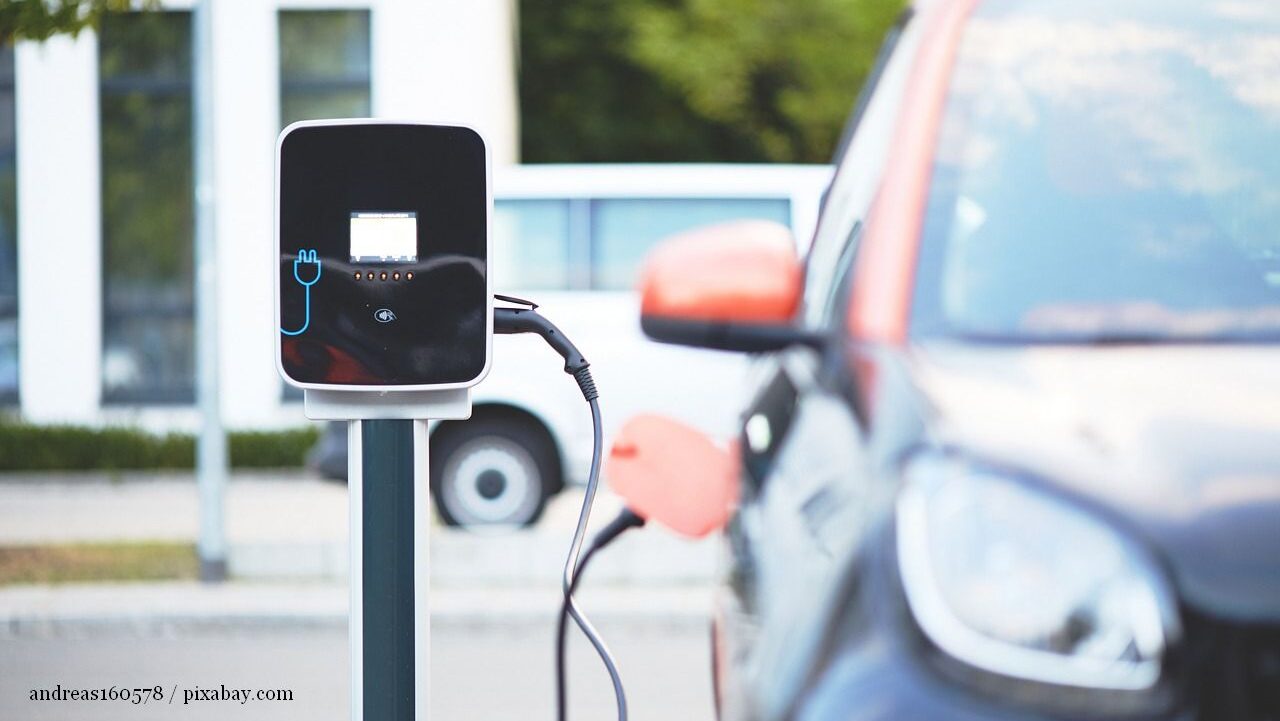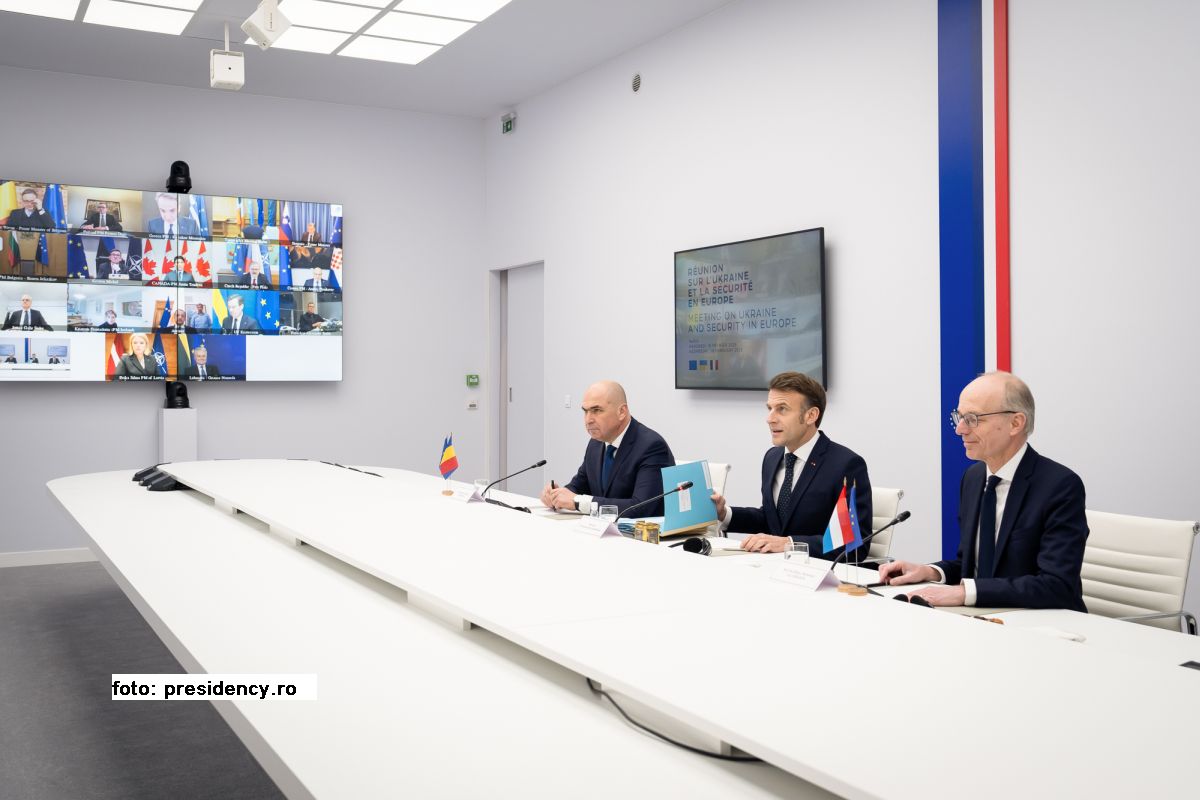European funds and eligible projects
So far, Romania has not accessed any money of the European funds available to it in the 2014-2020 financing period.

Roxana Vasile, 30.09.2016, 13:49
The European Commissioner for Regional Policy, Corina Cretu, is currently on a visit to Romania for talks with the national and regional authorities on the priorities of the European Commission and the absorption of European funds. In Bucharest and the north-eastern city of Iasi, Corina Cretu has scheduled meetings with members of the Romanian Parliamentary Committees on European Affairs, the health minister, Romanian MEPs and mayors. She will also attend, alongside Deputy Prime Minister Vasile Dancu, the conference My City in our Europe, Current Challenges for Sustainable Urban Development and the Role of EU Funds.
In an interview on Radio Romania, Commissioner Cretu also said Romanias absorption rate of community funds in the 2007-2013 financing period stood at 88.7%. In exchange, according to Corina Cretu, so far, Romania has not accessed any money of the 22 billion Euro available to it in the 2014-2020 financing period, because the institutions with responsibilities in absorbing community funds have not been finalized and the role played by the National Agency for Public Procurement has not been clarified yet.
Corina Cretu: “22 billion Euros are earmarked for Romania in the 2014- 2020 budgetary exercise, but we are still at an incipient stage, when certification institutions, the control and management mechanisms of European funds are still being put in place, and it is only afterwards that we can hope to receive bills and invoices at a fast pace. I know that there are beneficiaries who started works on their own and are waiting for these institutions to be finalised in order to be able to officially send to the European Commission bills and invoices of the works that have already been undertaken.
In Iasi, Commissioner Corina Creţu, accompanied by health minister, Vlad Voiculescu, has talked, among others, about the preparations that are being made to build three regional hospitals with European money. Special attention is paid to Romanias northeastern region, the most poverty-stricken area in the European Union.
Corina Cretu: “In the 2014-2020 financing period, this region will have a 1.18 billion Euro budget, under the Regional Operational Program, accounting for some 20% of the amount allotted to Romania by the Regional Fund. We hope the newly elected local authorities will learn the lessons of the past and we will be able to start all major programs and design important projects for the ensuing period of time.
Following Romanias joining the EU in 2007, the accession of European funds has turned out to be more complicated than someone could have ever imagined. A lack of interest, red tape and embezzlement of EU funds have all been recurrent obstacles hindering the development of local and regional projects. And, a higher rate of EU funds absorption will only be beneficial to the Romanians. (Translated by D. Vijeu)






























